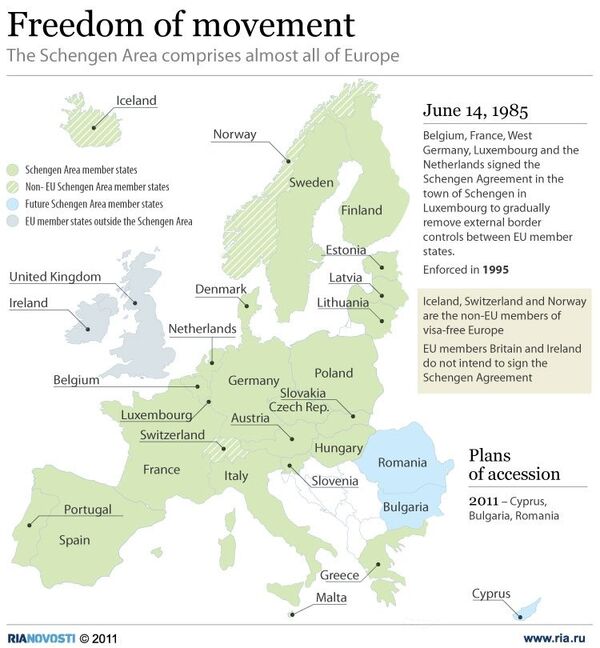The complexities of EU membership are enormous. The British Parliament, in 1972, approved the European Communities Act that secured approval for the Treaty of Accession into the European Economic Community in January 1973. That act gives legal authority for all EU law to have effect as national law in the UK.
EU law comprises various agreements that have been made over time, such as the Schengen Agreement (1985) which created a borderless Europe and the Maastricht Treaty (1992), which formally created the EU but also because it laid the foundation for formation of the Eurozone single currency area.

Other included the Treaty of Amsterdam (1997) that defined EU citizenship and individual's rights in terms of justice, freedom and security. and the Treaty of Lisbon (2007), which brought about further reforms of the EU.
Great Repeal Bill
Britain is proposing rolling up all of this legislation and passing it as the Great Repeal Bill pulling back all EU law into British law — effectively reversing the European Communities Act — and then leaving it to parliament to amend, abolish or keep which ones it wants to.
"I think this is going to be one of the most complicated issues. You need to disentangle British and European legislation, while at the same time making sure there are no legal gaps in between that can jeopardize people's lives, trade, financial relations etc. I think this is going to the hardest task that the UK Government will have," Dr. Theofanis Exadaktylos, Senior Lecturer in European Politics at the University of Surrey, England told Sputnik.
"It goes down to the very nitty-gritty details. It's not just about the big things, like rules on immigration, but also rules on health and safety, food regulations, food production, machinery parts. Every little bit that the EU has regulated in the past will have to be unraveled."
A manifesto to see us through Brexit and beyond. A plan for a stronger, fairer, more prosperous Britain. pic.twitter.com/oHdvxu95eE
— Conservatives (@Conservatives) 18 May 2017
"I am fairly certain that once the UK is out of the EU, there will be so many small gaps that will cause a lot of legal headaches — not to the government, but to everyday people. The treaties do present a framework on which a lot of secondary legislation is based, a lot of EU directives, which regulate the details of what the treaties are trying to achieve. So, in that sense, we are looking at a legal minefield. And one very complex minefield," Dr. Exadaktylos told Sputnik.
"At the same time, one should not forget the fact that the UK — both in terms of citizens and businesses — is also very heavily involved within the rest of the EU states. That means that people will need to think about how they do business in Europe and what sort of new things they have to think about, in the sense that the European Court of Justice will have to deal with a lot of bilateral problems. So I'm thinking there could be big trouble there," he said.
'Not Realistic'
Britain has said that it wants to return all legislative powers back to Westminster and to the UK courts and not be beholden to the European Court of Justice, as it is now. However, if it is to continue trading with the EU, a solution will have to be found as to who arbitrates in the event of a trade dispute.
"I don't think that is a realistic prospect, to be honest with you. All non-national legal cases are dealt with by the European Court of Justice and also local courts in Europe. I don't see how this can work out. Any trade deal — unless it's under the World Trade Organization format, which is dealt with by courts of arbitration — will have to go through the European Court of Justice," Dr. Exadaktylos told Sputnik.
"So there will have to be some sort of agreement between the UK legal system and the European Court of Justice to handle these cases. But I don't think the UK will be able to completely disengage from the European Court of Justice."



